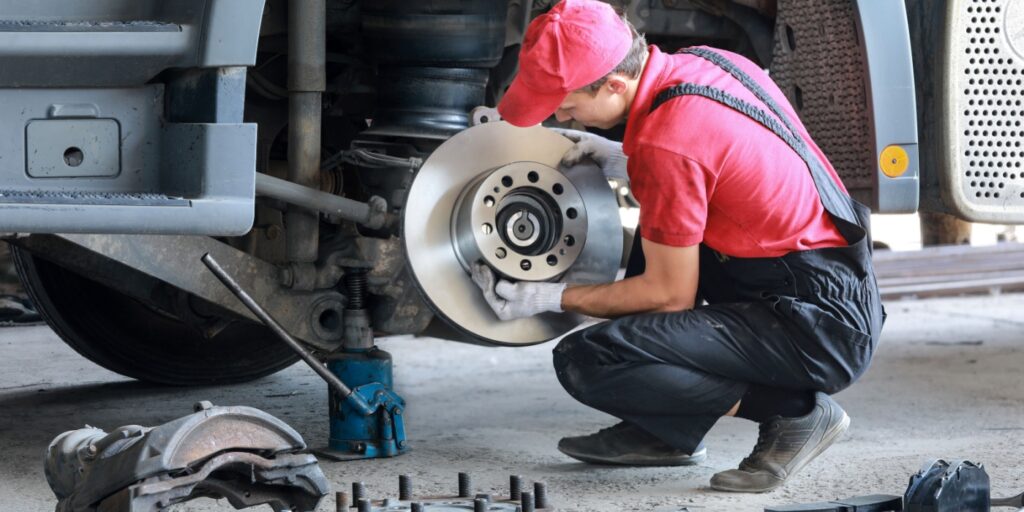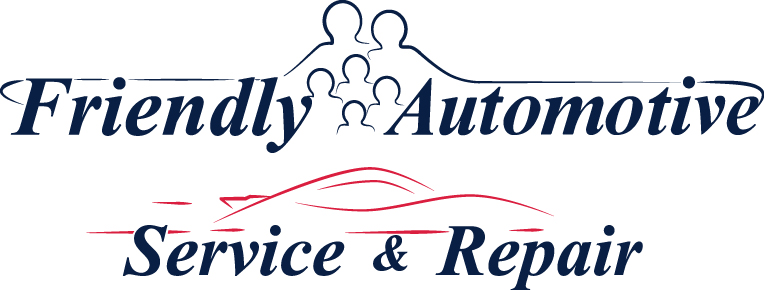Why Regular Brake Inspections Are Critical for Your Safety

When it comes to vehicle maintenance, brakes are one of the most crucial components to keep in top condition. They are your first line of defense in preventing accidents and ensuring your safety on the road. Despite their importance, brakes are often overlooked until there’s an obvious problem. Regular brake inspections can save lives, reduce repair costs, and keep your vehicle performing at its best. Here’s why regular brake checks should be a priority for every driver.
The Role of Brakes in Vehicle Safety
Your vehicle’s braking system is responsible for slowing down and stopping your car in a controlled manner. A fully functioning braking system allows you to react quickly to sudden stops, avoid collisions, and navigate challenging road conditions. Modern braking systems, which often include features like anti-lock brakes (ABS) and electronic brake-force distribution (EBD), rely on a network of components working together seamlessly. Any malfunction in these parts can compromise your vehicle’s ability to stop effectively, putting you and others at risk.
Signs That Your Brakes Need Attention
Understanding the warning signs of brake issues is essential. Common indicators that your brakes may need an inspection include:
- Squealing or Grinding Noises: These sounds often indicate worn brake pads or damaged rotors.
- Vibration or Pulsation: A vibrating brake pedal can signal warped rotors or uneven wear.
- Longer Stopping Distances: If your car takes longer to stop, it could mean that your brake pads or other components are worn out.
- Spongy or Soft Brake Pedal: This may indicate air in the brake lines or a problem with the hydraulic system.
- Dashboard Warning Light: Many vehicles have a brake system warning light that illuminates when there is an issue.
Ignoring these signs can lead to complete brake failure, which is not only dangerous but also costly to repair.
3. Improves Fuel Efficiency
A well-maintained vehicle runs more efficiently, which translates to better fuel economy. Simple maintenance tasks, such as replacing air filters, keeping tires properly inflated, and ensuring the engine is tuned correctly, can significantly improve your car’s fuel efficiency. An efficient engine burns fuel more effectively, reducing the amount of gasoline needed for your trips. This not only saves you money at the pump but also reduces your carbon footprint, contributing to a greener environment.
Benefits of Regular Brake Inspections
Scheduling routine brake inspections offers numerous benefits that go beyond immediate safety. These include:
- Preventing Accidents: Faulty brakes significantly increase the risk of accidents. Regular inspections ensure that your brakes are functioning optimally, reducing the likelihood of collisions.
- Extending Brake Life: Addressing minor issues early, such as replacing worn pads, can prevent more extensive damage to rotors, calipers, and other components.
- Saving Money: Catching problems early through inspections is far less expensive than repairing a complete brake system failure.
- Enhancing Vehicle Performance: Healthy brakes contribute to better overall vehicle handling and control, especially during emergency maneuvers.
- Peace of Mind: Knowing that your brakes are in good condition allows you to drive with confidence.
What Happens During a Brake Inspection?
A professional brake inspection typically involves a thorough check of the entire braking system. Technicians will:
- Measure the thickness of brake pads and shoes.
- Inspect rotors and drums for wear, warping, or damage.
- Check brake fluid levels and test its quality.
- Inspect brake lines and hoses for leaks or cracks.
- Test the functionality of the parking brake.
These checks help identify potential issues before they become major problems, ensuring that your braking system is reliable and safe.
How Often Should You Get Your Brakes Inspected?
The frequency of brake inspections depends on several factors, including your driving habits, vehicle type, and road conditions. As a general rule, it’s a good idea to have your brakes checked at least once a year or every 12,000 miles. However, if you frequently drive in stop-and-go traffic, tow heavy loads, or navigate hilly terrain, you may need more frequent inspections.
In conclusion, regular brake inspections are not just a recommendation; they are a necessity for safe driving. Your brakes are one of the most critical systems in your vehicle, and neglecting them can have dire consequences. By prioritizing routine inspections, you can ensure your safety, save money on repairs, and enjoy the peace of mind that comes with a well-maintained braking system. Don’t wait for a warning sign or an accident to remind you of their importance—schedule a brake inspection today and stay safe on the road.
For more information, check out Friendly Automotive, your expert Marana Auto Repair Center and Scheduled Auto Maintenance Shops in Tucson, and Follow us on Facebook and X.
